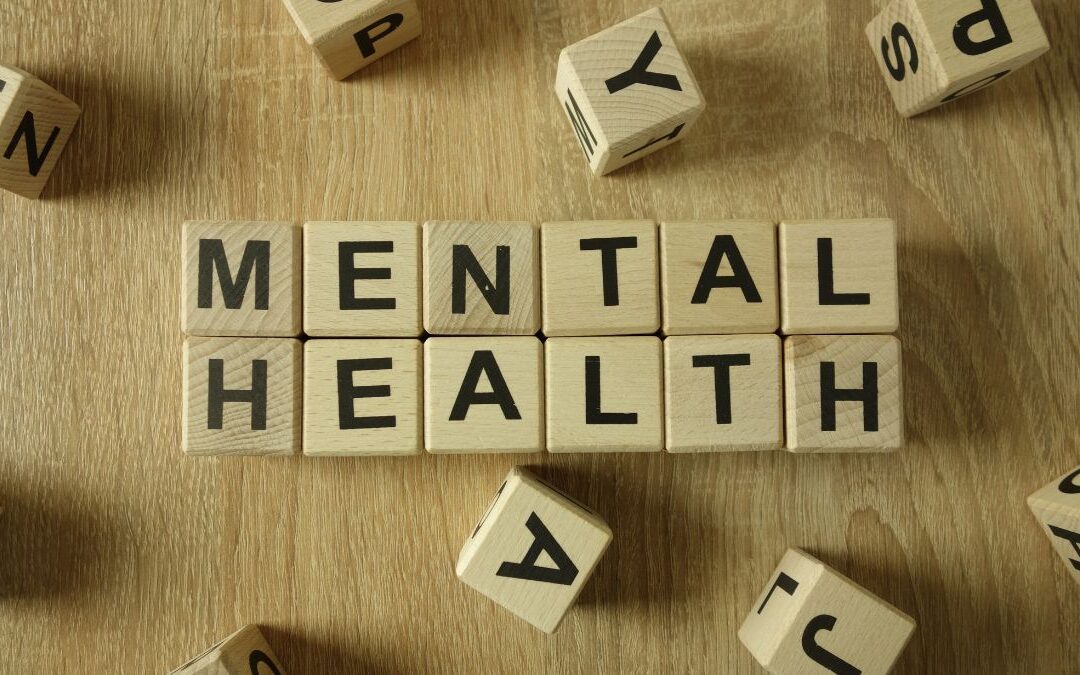Understanding Mental Health: When to Seek Help
Mental health is an essential part of overall well-being, yet it’s often overlooked. Issues like depression, anxiety, and other mental health disorders are common, but many people delay seeking treatment. Recognizing the signs of mental health challenges and knowing when to seek professional help can make a profound difference in recovery and quality of life.
Why Mental Health is Important
Mental health affects how you think, feel, and act. It influences how you handle stress, relate to others, and make decisions. Untreated mental health issues can lead to physical health problems, social isolation, and difficulties maintaining work and relationships. According to the National Institute of Mental Health, nearly 1 in 5 adults in the U.S. lives with a mental illness.
Signs You May Need Help
Common signs that you may need professional support for your mental health include:
- Persistent Sadness or Depression: Feeling sad or hopeless for an extended period can be a sign of depression.
- Changes in Sleep or Appetite: Drastic changes in sleep patterns (sleeping too much or too little) or appetite can indicate anxiety, depression, or other mental health concerns.
- Difficulty Concentrating: Struggling to focus or complete tasks may be a symptom of mental health disorders, such as ADHD or depression.
- Social Withdrawal: Avoiding friends, family, and social activities may be a sign of depression or anxiety.
- Increased Irritability or Anger: Unexplained irritability, anger, or emotional outbursts can indicate underlying mental health issues.
When to Seek Help
If you or someone you know is experiencing any of the above symptoms and they last for more than two weeks, it may be time to seek professional help. Early intervention can prevent mental health issues from worsening and increase the chances of successful treatment. Professional help may include therapy, counseling, or medication, depending on the individual’s specific needs.
Mental Health Resources
If you’re struggling, consider reaching out to a therapist, counselor, or support group. Treatment options like Cognitive Behavioral Therapy (CBT) have been proven effective for managing mental health disorders. In addition, many mental health services offer online or telehealth options to make seeking help more accessible.
Medical Disclaimer: The content provided in this article is intended for general informational and educational purposes only and should not be construed as medical advice, diagnosis, or treatment. The information presented is not a substitute for professional medical guidance, diagnosis, or treatment from a licensed healthcare provider. Always seek the advice of your physician or qualified healthcare provider with any questions you may have regarding a medical condition, and never disregard professional medical advice or delay seeking it because of something you have read in this article.
The author and publisher of this article make no representations or warranties concerning the accuracy, applicability, or completeness of the content provided. Any reliance you place on such information is strictly at your own risk. This article is provided “as is” and without any warranties of any kind, either express or implied. The author specifically disclaims responsibility for any liability, loss, or risk, personal or otherwise, incurred as a consequence, directly or indirectly, from the use or application of any of the content herein.
By reading this article, you acknowledge and agree that no physician-patient relationship is established between you and the author. The author is not liable for any actions taken based on the information in this article. If you think you may have a medical emergency, contact your doctor, go to the emergency department, or call emergency services immediately.
